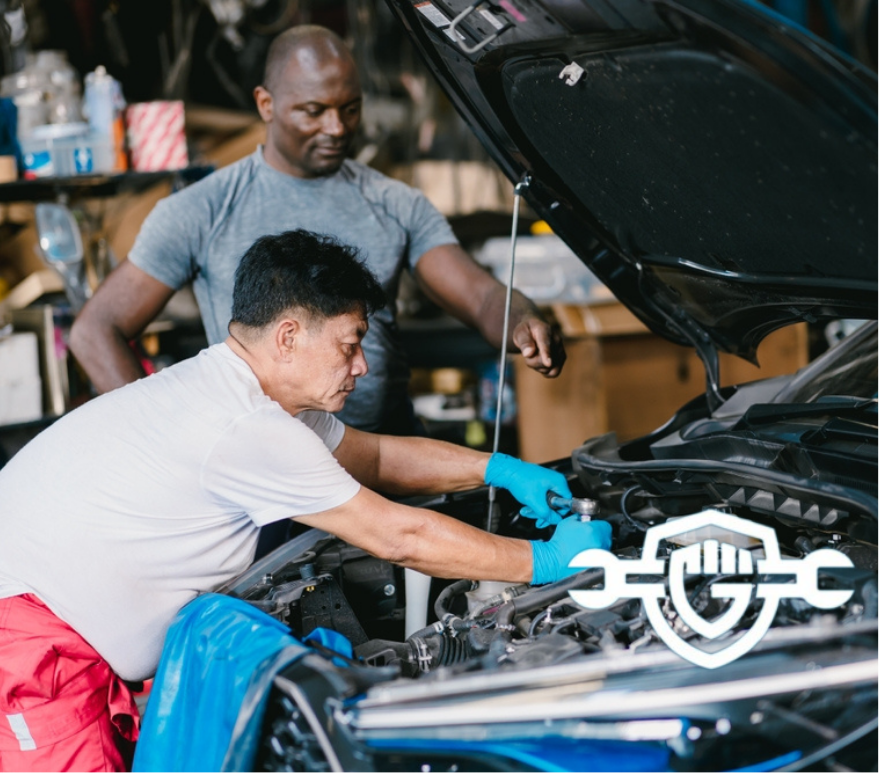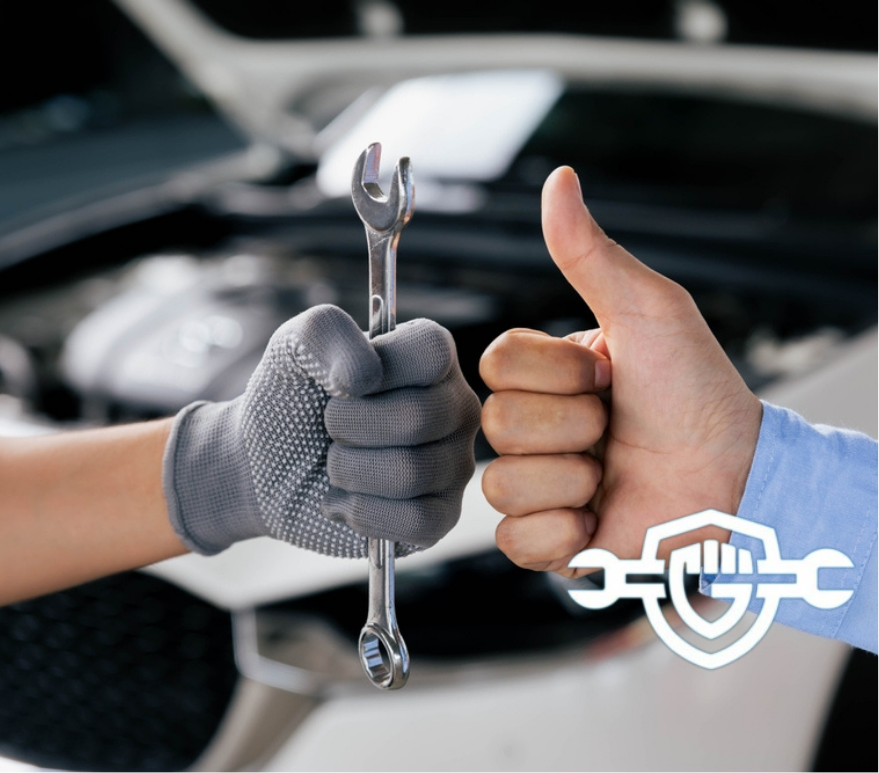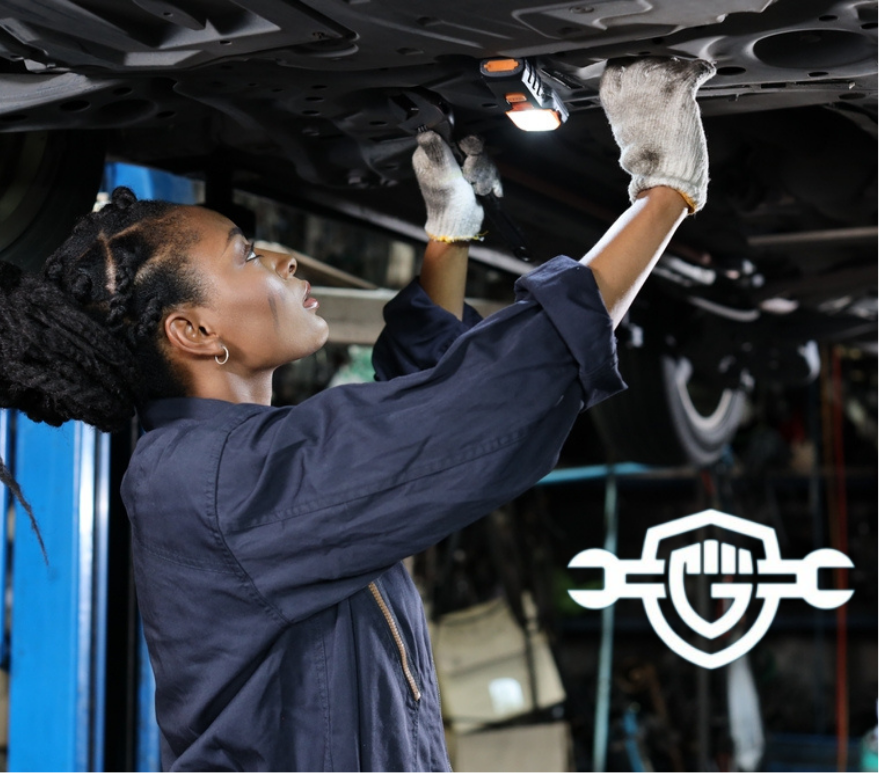Should I Fix My Car or Buy a New One?
Published on
November 25, 2025

It’s a question most drivers eventually face. Your car’s starting to show its age, repairs are adding up, and newer models look more tempting every day. But jumping into a new purchase isn’t always the smartest move, and pouring money into repairs doesn’t always pay off either. The right answer depends on what’s wrong, what it costs, and how much longer your vehicle can realistically go.
What’s Really Wrong With Your Current Vehicle?
Start with a clear diagnosis. Are you facing one major problem or a series of smaller ones? A single repair, like a transmission or engine replacement, feels like a big hit, but it might be the only thing keeping your car from running for several more years. On the other hand, if something new fails every month, that’s a pattern worth noting.
Some issues are routine wear and easy to predict. Others point to deeper trouble that may return even after fixing. If your mechanic explains the issue clearly and shows confidence it’ll hold up, that’s a good sign. But if the repair plan sounds uncertain or like patching one issue only reveals another, it may be time to move on. If your engine light is flashing, that usually signals something more serious than a small sensor issue. Knowing exactly what’s wrong makes the decision much easier.
Comparing Repair Costs to Replacement Costs
A quick side-by-side look can help you see the financial difference more clearly.
Repairing Your Car
- One-time cost, often under $3,000
- No change to insurance or taxes
- Keeps a known vehicle on the road
- Risk of future breakdowns
Buying a New or Newer Car
- Monthly payments, often $500-$800
- Higher insurance premiums and sales tax
- Starts fresh, possibly under warranty
- Risk of long-term loan or depreciation
If your repair bill costs less than a year of payments on something new, fixing often makes better sense. It’s about short-term expense versus long-term cost. A big repair bill hurts at first, but it’s often cheaper than starting a new loan. Just be sure you’re not spending on a vehicle that keeps breaking down. If you notice an engine sputter when accelerating, that’s a sign worth checking before committing to repairs.
The Age and Condition of Your Current Vehicle
Age alone doesn’t tell the full story. A well-maintained 10-year-old vehicle with high mileage might be in better shape than a newer one that’s been neglected. Think about how your car’s been treated. Are the fluids changed regularly? Has it been protected from harsh winters or salt?
Look for rust, leaks, or worn parts. If the car still drives smoothly and hasn’t developed safety problems, it could be worth holding onto.
But if the body is falling apart or maintenance has been inconsistent, expect new issues sooner. Good service records can stretch your car’s lifespan far more than age alone.
Factoring in Resale or Trade-In Value
If you’re leaning toward replacement, it helps to know what your current vehicle is really worth. Resale or trade-in value can cut the cost of something newer, but only when the car is still dependable. Major repairs or cosmetic flaws drop that value quickly. Consider these points:
- Current market value: Look up what similar cars are selling for in your area.
- Condition: Dents, rust, engine problems, or interior wear will lower the offer.
- Timing: Trading in before a major repair may net you more than after.
- Private sale vs. trade-in: Selling it yourself might bring more money, but it takes more effort and time.
Sometimes fixing the car raises its value. Other times, it’s wasted money on something too far gone. If there’s black smoke coming from the exhaust, expect that value to fall fast. Most buyers see that as a red flag.
New Car Payments vs. One-Time Repair Bills
A new car feels exciting, but those payments stick around long after the new smell fades. Buyers now pay around $600 to $800 a month for new vehicles, not counting insurance and registration. That’s money leaving your account every month.
A $2,000 repair, while painful, might be finished in one go. The real question is how long that fix keeps your car dependable. If it runs another year or two, you likely save money in the long term. If reliability remains shaky, a newer car could be the smarter financial move.
What you can afford today matters, but long-term value should carry just as much weight.
How Long Can You Expect Your Car to Last After Repairs?
Not every fix restarts your vehicle’s clock, but some extend it significantly. If your car has 120,000 miles (193,121.28 km), and you’ve replaced something big like the transmission, it might run well for another 40,000 to 60,000 miles (96,560.64 km) or more.
Routine maintenance plays the biggest role. Vehicles that stay on a regular schedule for things like oil changes, brake work, and fluid flushes can often reach 200,000 miles (321,868.8 km) and beyond.
But if multiple systems like the suspension, engine, or wiring are failing, any repair may just buy a little time. Ask your mechanic to check the rest of the car and see if the latest fix makes sense for its overall condition.
Making the Call: When Fixing Makes More Sense Than Buying
Fixing your car usually makes sense when a few factors line up. If several of these fit your situation, repairing might be the smarter choice:
- The vehicle is paid off or nearly paid off
- Repair costs are less than 12 months of car payments
- The rest of the car is in good shape inside and out
- You’ve kept up with routine maintenance over the years
- There’s no rust or frame damage
- Insurance and registration costs are low
- The repair is likely to add at least a year or more of reliable driving
When these points are in your favor, keeping your current car typically saves money, avoids debt, and gives you more time to plan the next move. If your only complaints are that the brakes squeal and the tires are worn, you probably still have a dependable car that just needs attention.
Ready to see if fixing your car makes sense? Find a GreatWater 360 Auto Care shop near you to schedule an estimate and get honest advice before you buy new.
.png)

